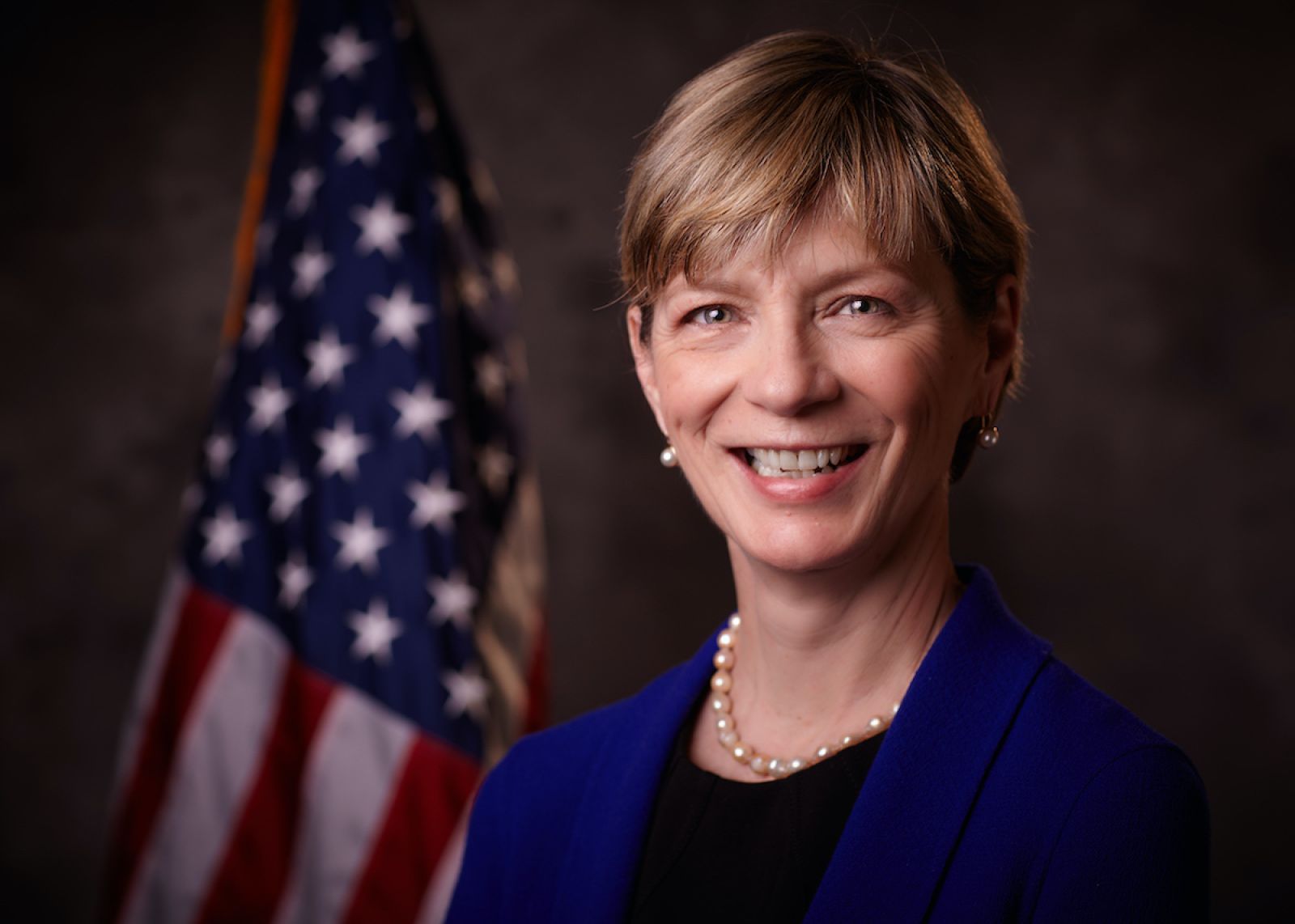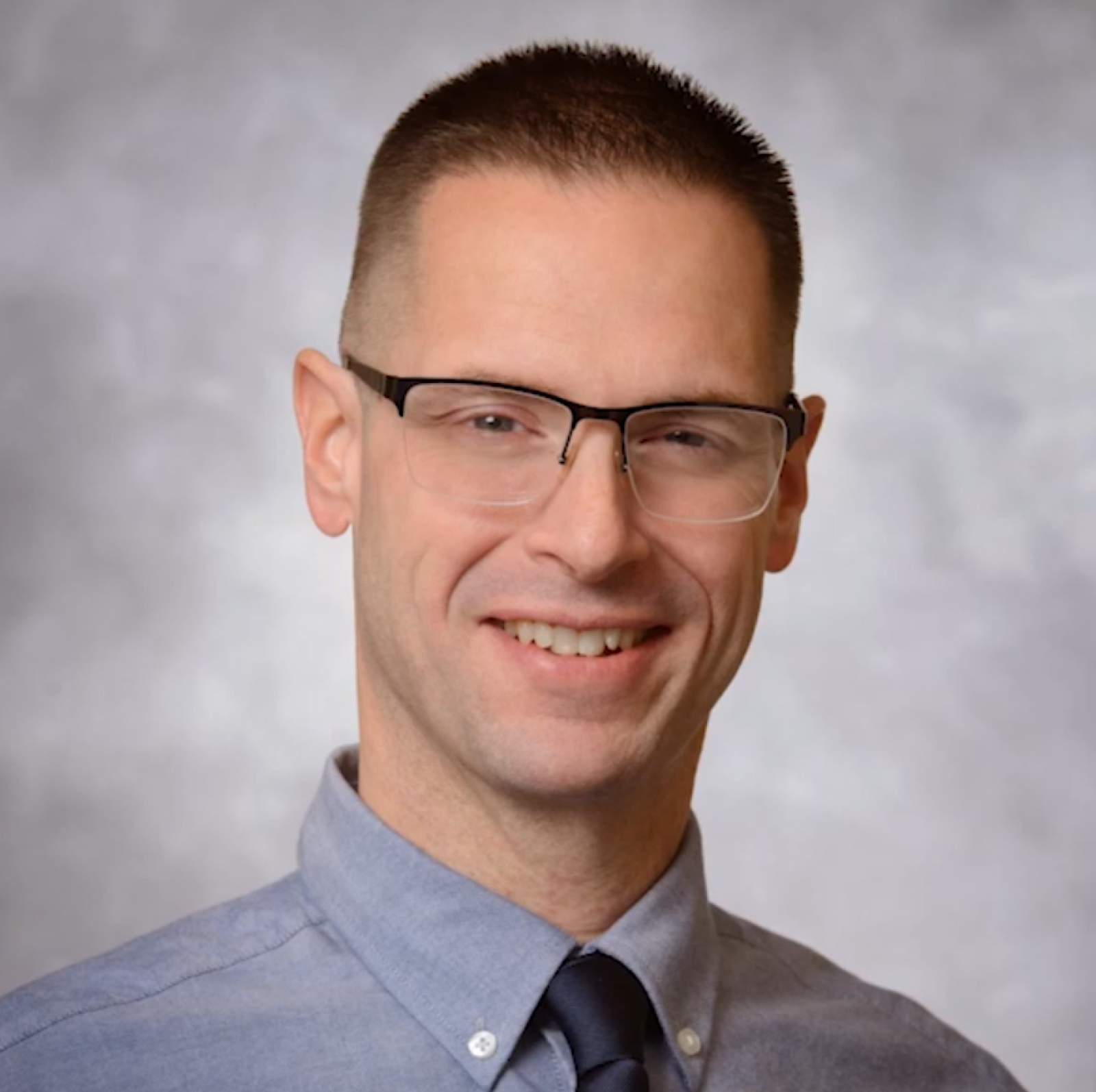Massachusetts deploys clinical teams to nursing homes short-staffed by COVID-19
In late April, with nursing home residents accounting for more than half of deaths related to COVID-19 in Massachusetts and many workers exposed to the virus, the state formulated a plan to fill staffing gaps in the hardest-hit facilities.
Rapid response teams consisting of registered nurses, licensed practical nurses, certified nursing assistants (CNAs), and other health care professionals — many from out of state — were deployed to provide direct patient care services on a short-term basis.
Key takeaways
Short-term solution
Massachusetts has addressed short-term staff shortages in nursing homes with National Guard Clinical Teams and rapid response teams that include out-of-state clinicians contracted through a national staffing agency.
Long-term strategy
The Commonwealth also maintains an online portal to help nursing homes find additional staff, audits the infection control practices of all facilities and offers other technical supports as needed.

Marylou Sudders
The rapid response teams were part of the COVID-19 Nursing Facility Accountability and Support initiative, a set of resources and financial incentives, coupled with accountability measures for patient safety, to address factors contributing to high rates of COVID-19 among nursing home residents and staff. The initiative was coordinated through the state’s COVID-19 Command Center, under the direction of Marylou Sudders, Secretary of Health and Human Services for Massachusetts.
“The Administration worked closely with long term care providers to ensure they had the necessary resources to keep residents and staff safe, including swiftly implementing an accountability and support initiative that included unprecedented levels of funding, free in-house mobile testing, staffing assistance, PPE, and strong infection control standards,” said Sudders.
Participating nursing homes received a combined total of $130 million in incentive payments to implement more rigorous infection control practices and test residents and staff for COVID-19. The funds were used solely for COVID-19 challenges, such as additional personal protective equipment (PPE) and direct staff support. The program also offered onsite mobile testing through the Massachusetts National Guard, an online portal to help identify and hire new staff, and technical support to help operationalize key infection control practices, summarized in a 28-item competency checklist.
The Administration worked closely with long term care providers to ensure they had the necessary resources to keep residents and staff safe.
Solutions for acute staffing shortages
Once testing for COVID-19 began in earnest, dozens of nursing homes were acutely short-staffed as members of the workforce who tested positive had to isolate to stop the spread of the virus. While some facilities covered gaps by turning to staffing agencies, double-shifting healthy workers or asking administrators to take on tasks they had not performed in years, shortages persisted.
As a result, the Command Center organized rapid response teams available to help care for residents and support administrators at nursing homes throughout the state as needed. Since April, more than 100 professionals have been assigned to teams of approximately 10 members each.
About half of the clinical staff were recruited by a national staffing agency, and managed by an outside consultant with financial and operational experience in nursing home management. Other clinical staff from the Massachusetts National Guard were organized into larger teams (12-17 guardsmen and women) to provide help in facilities, primarily where CNA support was needed.
In addition to the clinical teams, support teams from the Massachusetts National Guard joined the effort, focusing primarily on logistics, facility needs, and on-site mobile COVID-19 testing for nursing homes, rest homes, and assisted living facilities.

Paul Valentine
Paul Valentine, Senior Managing Director at KCP Advisory Group, is the consultant overseeing the rapid response team initiative. He says that creating good processes and communication, being organized, and “not getting caught up in the chaos” were key to managing the effort.
Additional leadership came from within the ranks of the rapid response teams. Shawn Archer, R.N., a nursing preceptor and emergency room critical-care nurse from northeast Ohio, emerged as a team leader shortly after arriving in Massachusetts in early April.
As a charge nurse, Archer quickly realized that managing his team and communicating with the facility’s leadership left him little time to directly care for residents. In addition to making sure residents’ most urgent needs were met, Archer helped facilities assess staffing trends, appropriately plan cohorting of COVID-positive residents, and make the best use of available resources.
Lessons learned
The state is currently evaluating the program to apply lessons learned to similar emergencies in the future. Massachusetts is one of a handful of states that have responded directly to nursing homes’ urgent needs during the pandemic by providing staff support. The state’s experience with rapid response may be helpful to other states as they contend with outbreaks and the unique challenges of COVID-19 for nursing homes.
What worked well?
- Keeping close tabs on the need for staffing, supplies and training for each facility: The Department of Public Health contacted nursing homes daily, gathering data for immediate triage and ongoing analysis. The state’s Center for Health Information and Analysis provided technology support. And additional data from CHIA, the Centers for Disease Control and Prevention, as well as the National Guard, helped predict and identify facilities in need of staffing support.
- Daily communication and strong operational leadership: Each rapid response team has a designated charge nurse who is responsible for sending a daily operational report to Valentine. At the height of the program, 12 teams were housed in four basecamps across the state — Woburn, Braintree, Springfield and Marlboro — with an operations leader at each location to manage personnel issues, PPE, rental cars, laptops, and other details. Further coordination came through daily phone meetings held by the Command Center with Valentine and others involved, including National Guard teams and various state agencies involved in the effort.
- Housing rapid response team members together: This reduces the risk of virus transmission that occurs when some team members are living at home and promotes good team dynamics.
- Streamlined onboarding: It was most efficient when out-of-state team members arrived in clusters rather than one at a time to be tested for the virus, credentialed, and orientated in groups.

Shawn Archer, R.N.
During the first few months, rapid response teams spent an average of 7.9 days at each facility, but some nursing homes needed recurring help. Including repeat deployments, the average was 9.7 days per facility. The longest duration was 33.8 days over three deployments at one facility.
The decision to end each engagement was based on a projection of adequate staffing for the following week. To stabilize staffing levels, some facilities needed help tapping other resources, such as private agencies and a special portal set up by the state to connect long-term care facilities with potential new staff.
Day to day, it all involves assessing what we’ve just done and putting the learning back into action.
By the end of July, the staff assistance program was down to four rapid response teams from a high of 23, which included the National Guard’s Clinical Teams. The program has provided support to more than 20% of nursing homes in the state, and the median number of COVID-positive patients at facilities that used the teams was 32%. The rate of death from COVID-19 among nursing home residents has fallen to a seven-day average of 12 as of August 18, 2020, from over 100 during the surge.
Reflecting on his time in Massachusetts, Archer, the charge nurse from Ohio, says his work on the rapid response team is similar to doing nursing assessments. Whether helping a facility evaluate staffing needs, training local staff in the use of personal protective equipment, providing patient care, or coordinating communication with a resident’s family member, Archer says, “Day to day, it all involves assessing what we’ve just done and putting the learning back into action.” In the end, he says, “It’s the little things that make a difference. We’re just trying to help and make a difference.”
Resources
Massachusetts COVID-19 Nursing Facility Accountability and Support Program
Massachusetts Nursing Facility Infection Control Competency Checklist
Massachusetts Long Term Care Facility Staffing Portal
